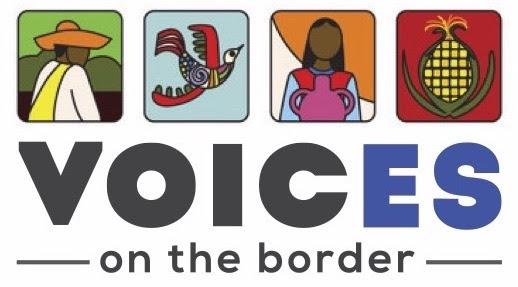October 26, Indigenous Tolupán tribal leader Reinaldo Baharona Reyes he was given a national award for his environmental defense, named the Carlos Escaleras National Prize. Despite the national honor, Reinaldo Baharona Reyes still faces threats of criminalization and imprisonment.
Reinaldo Baharona Reyes is president of the Las Vegas tribe of Tepemechín in Victoria, Yoro Department. The tribe’s territory has been threatened by landowners linked to cattle ranching, loggers, and miners, who have decades-long legacy of controlling mayors' offices and using them as organized crime structures to dispossess the Tolupán. When bribes and tribal division do not work, tribal council leaders have been assassinated. Indigenous people have been dehumanized as just another species by those who covet land.
Reinaldo Baharona Reyes went to court in Victoria on November 4 to address the criminal complaints against him. His attorney says that he is at risk and needs the special attention of the authorities to guarantee his safety to do his human rights work.

